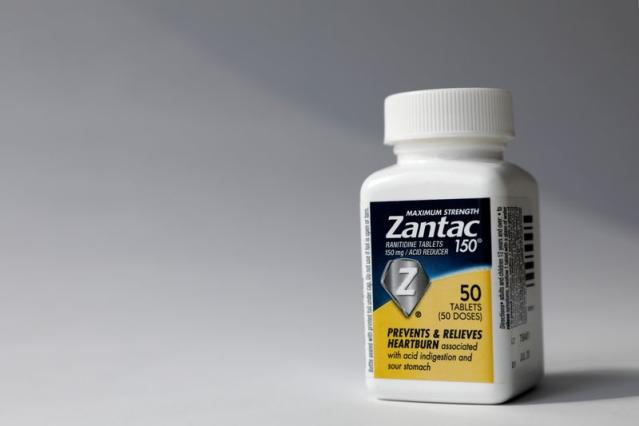A significant legal showdown is underway in Cook County circuit court this week, marking a pivotal moment in the legal saga surrounding Zantac, a widely used heartburn medication. A woman from Illinois is taking her case to trial, alleging that her long-term use of Zantac led to her development of colorectal cancer over nearly two decades. This trial marks the first of its kind among numerous similar claims across the nation.
The lawsuit initially involved 11 companies, including pharmaceutical giant Pfizer and retail chain Walgreens, among others. However, Pfizer settled out of court, and the remaining defendants were dismissed by Cook County Circuit Judge Daniel Trevino, leaving GSK and Boehringer Ingelheim as the remaining defendants.
Ashley Keller, the attorney representing the plaintiff, expressed her client’s anticipation for the trial, stating, “She’s very excited to have her day in court.”
On the other side, a spokesperson for GSK expressed confidence in their position, stating, “We are confident in our position based on the facts and science and look forward to presenting our case at trial.”
Similarly, Boehringer Ingelheim reiterated their stance, stating, “The totality of the scientific evidence…points to only one conclusion: Zantac does not cause any type of cancer.”
Both companies maintain that Zantac does not pose a cancer risk under normal conditions and refute the allegations made in the lawsuit.
The lawsuit alleges that Zantac, once hailed as a “blockbuster” drug, was marketed as a safe antacid despite the presence of NDMA, a known carcinogen. The FDA recalled ranitidine, the active ingredient in Zantac, in 2020 after discovering NDMA in samples of the drug.
The plaintiff claims to have regularly consumed Zantac and its generic versions from 1995 to 2014, purchasing the drug from Walgreens. It was only through advertisements warning about the risks associated with Zantac that she became aware of a potential link between the medication and her cancer diagnosis.
The lawsuit contends that the drug manufacturers were aware of the cancer-causing risks associated with ranitidine but continued to market the drug for profit.
Zantac, which was first approved in 1983 and later became a top-selling drug exceeding $1 billion in annual sales, has now become the focal point of legal battles concerning its alleged health risks.
As this trial unfolds, it serves as a critical test of whether the claims of cancer causation will sway a jury, setting a precedent for future legal actions.















































